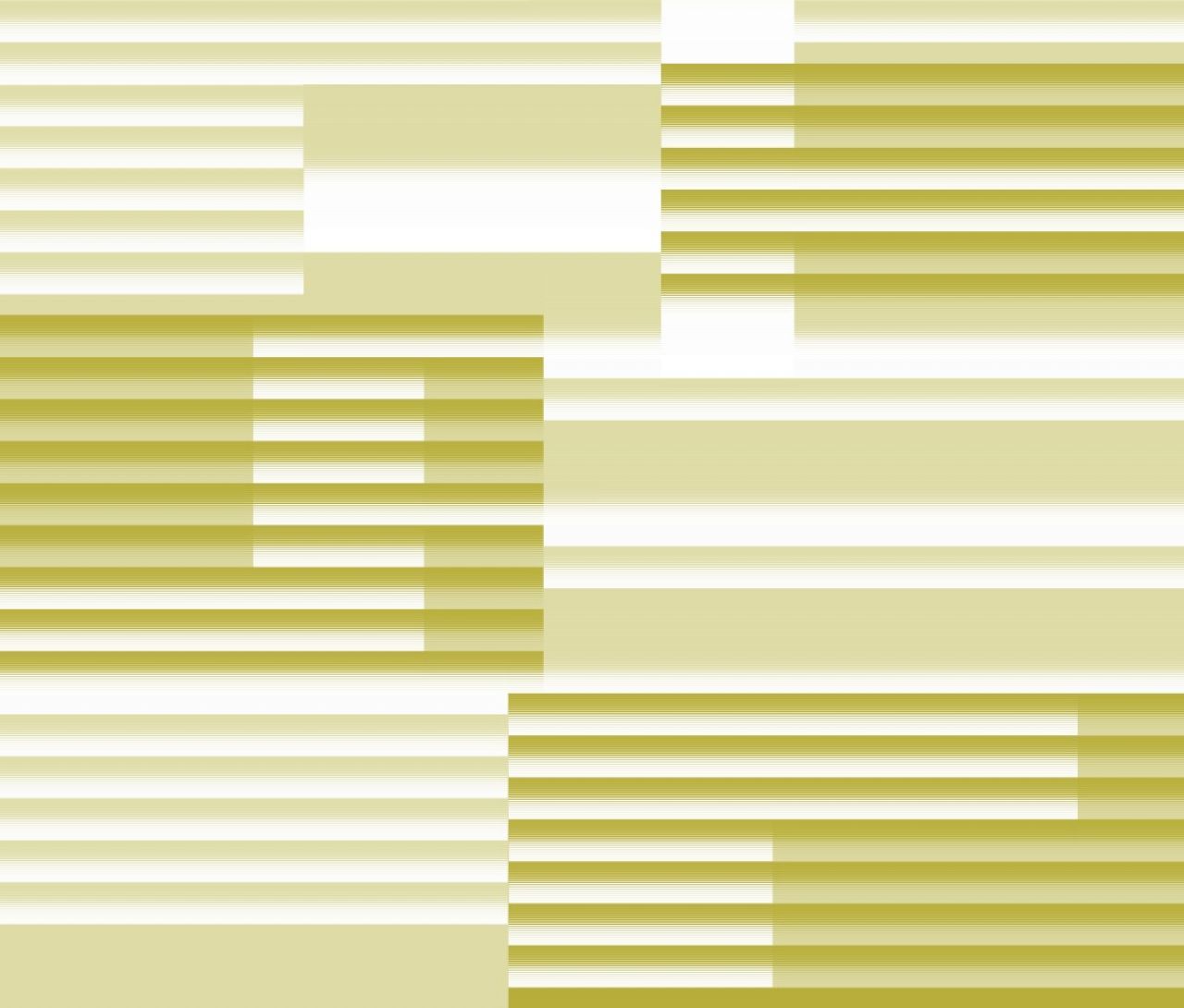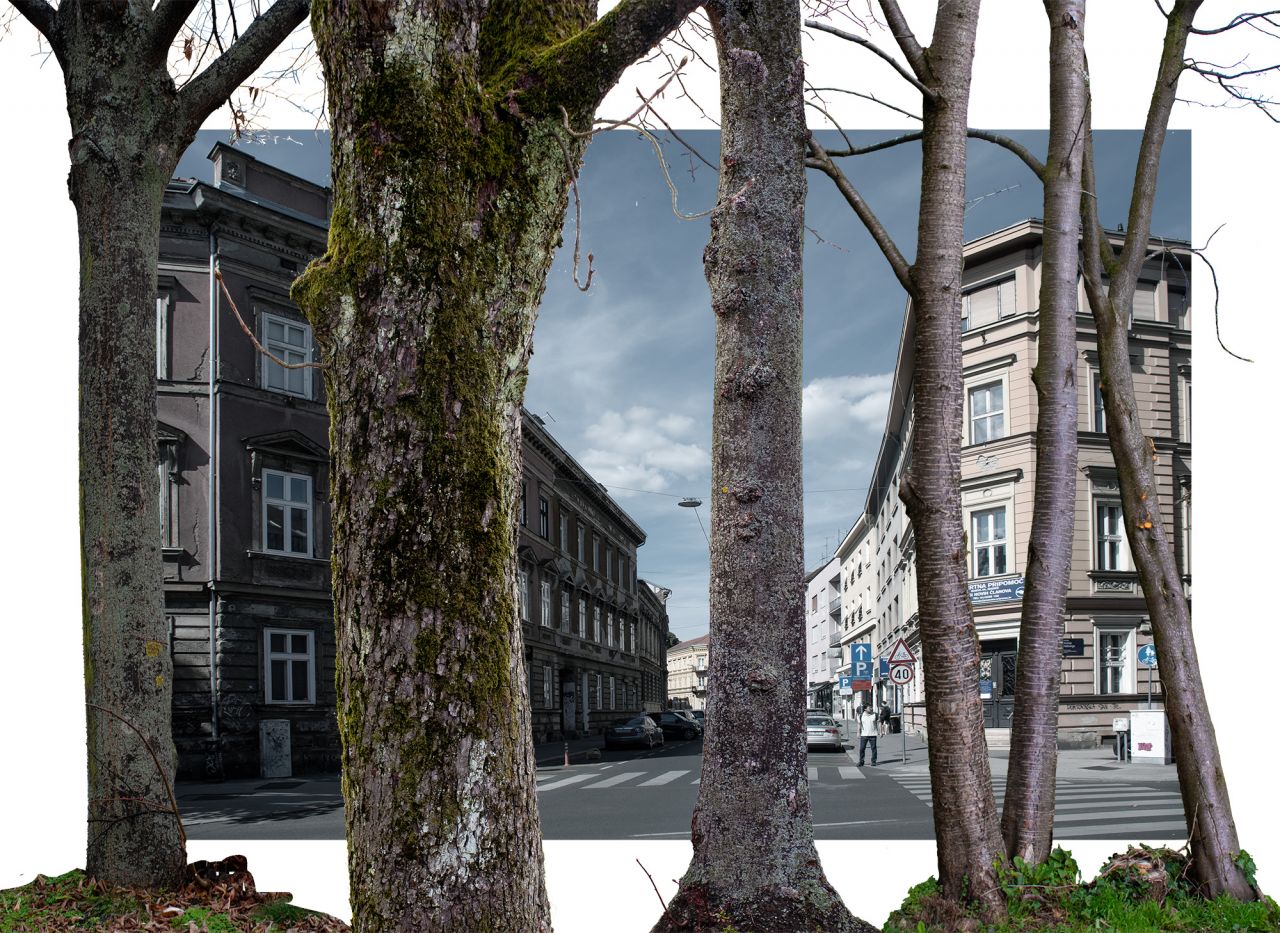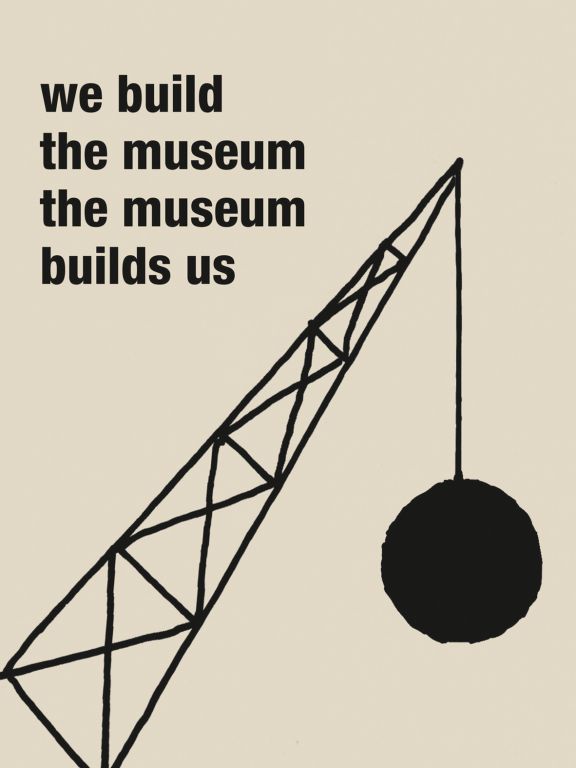Bauhaus Ecologies – Webs of Continuity
24.02.2026. - 24.05.2026. / MSU, 1. kat povremenih izložbi
The exhibition Bauhaus Ecologies – Webs of Continuity opens up with the question whether the historical Bauhaus can be read from an ecological perspective. In doing so, ecology is understood not only as a theme, but as a way of thinking, as a web of relations between materials and ideas, past and present practices, between art and the everyday. Within this framework, ecology is establishing connections between materials, technology and social conditions, and recycling becomes an essential method for reading and connecting artworks, the way in which forms and methods of the modernism were introduced in the art practice from the second half of the 20th century until today. In that way, history is not confined to archives, but returns to the present as a starting point for examination of space and materials, and our common world.
FIND OUT MORESINTART 19: NIKA RADIĆ — 1/3
18.10.2025. - 15.03.2026. / Zbirka Richter
In the nineteenth edition of the SintArt cycle, featured artist Nika Radić will deal with the theme of extending green surfaces in urban spaces, one of the key issues of contemporary life marked by accelerating spatial changes and growing climate uncertainty. A theme that requires us to reassess our current ways of thinking and acting in space. Plants have been the focus of Nika Radić's artistic interest in the last few years, exploring the ways they perceive and communicate. She examines the possibility of a more balanced relationship between man and nature and the ways in which natural systems can become models for a more sustainable way of contemplating urban life.
FIND OUT MORECollection as a Verb
05.04.2022. - 31.12.2026. / MSU, 1. kat
The series of exhibitions with the joint title Collection as a Verb, which are created as a team effort, represent the new collection in duration of the Museum, so as to redefine its' concept and the social context in which it is situated. The title of the cycle is inspired by the poem “Freedom Is a Verb” by Slovenian poet Boris A. Novak. The exhibitions are not a finished project, but rather a process and swift reaction to the events around us. If we consider the collection a verb – an action, a state of being, or an occurrence – our team, together with the artists and the community, is a subject operating in time.
FIND OUT MORE


